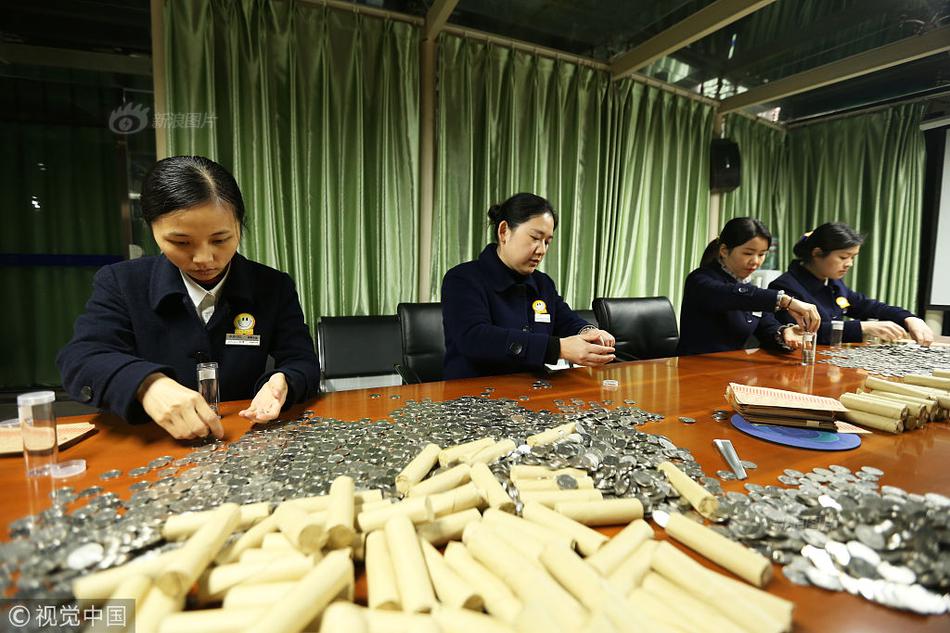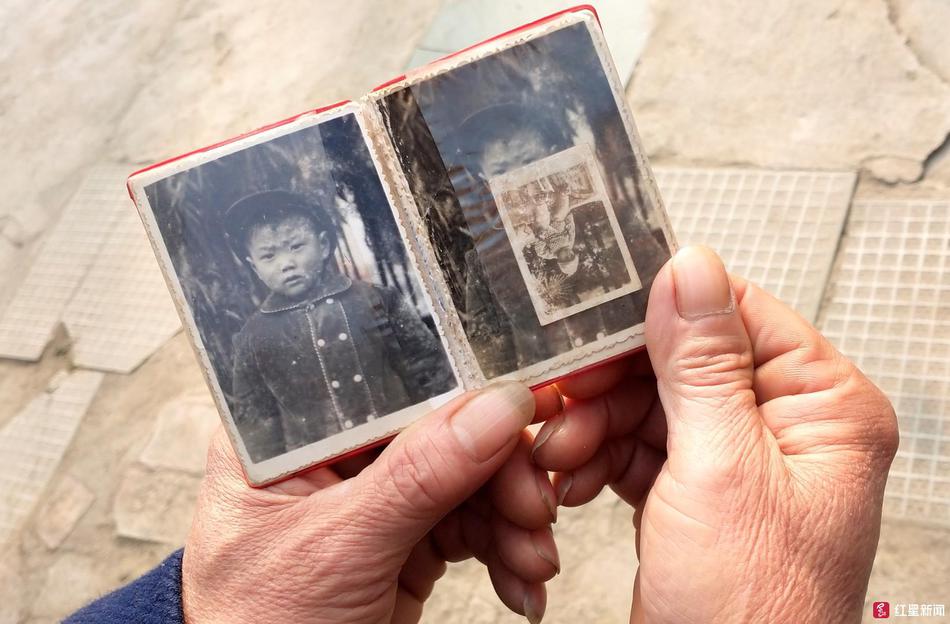Even scammers are sex, marriage, and eroticism in contemporary islamic advice literature.looking for love, and that's very much a problem.
That's the takeaway from an equally detailed and depressing warning from the Federal Trade Commission documenting skyrocketing incidents of so-called romance scams. The report, released the Thursday ahead of Valentine's Day, notes that the specific type of online confidence scheme is on a dramatic rise, and that cryptocurrency is at least partially to blame.
"A newly released data spotlight shows that in 2021 reported losses to romance scammers were up nearly 80 percent compared to 2020, and the total reported lost over the past five years has now reached $1.3 billion," cautions the FTC. "According to the spotlight, consumers who paid romance scammers with cryptocurrency reported losing $139 million in total in 2021, more than any other payment amount."
Romance scams, as the name suggests, often involve tricking a victim into believing they've found true love over a dating app or social media site. The thief plays out the fictitious relationship online, always having some excuse as to why they can't meet in person, until they ask for some form of payment — perhaps with the promise that the money is needed to finally travel to see their victim.
"The scammers' stories might involve a sick child or a temporary inability to get to their money for a whole range of reasons," the FTC explains. "People who lost money to a romance scammer often report sending money repeatedly: they believe they’re helping someone they care about."
Facebook and Instagram, as one might expect, are often the common denominator in these types of scams. Specifically, according to the FTC, Facebook was the starting point for 23 percent of the scams reported. Instagram raked in 13 percent.
 To the moon. Credit: Federal Trade Commission
To the moon. Credit: Federal Trade Commission The FTC notes that for victims who paid romance scammers with cryptocurrency, the median loss was almost $10,000.
Notably, this type of scam existed long before cryptocurrency. In fact, perhaps as a testament to the relatively complicated nature of cryptocurrency payments, the FTC reports that in 2021 roughly a quarter of romance scam reports involved victims sending gift cards.
So be on the lookout — especially as Valentine's Day approaches — for online love that seems too good to be true. Because if your newly found Facebook lover asks you to send them Bitcoin or gift cards, it's probably a scam
Topics Cybersecurity Social Media
(Editor: {typename type="name"/})
 'Overwatch' teases a possible new hero and it's (probably) not Doomfist
'Overwatch' teases a possible new hero and it's (probably) not Doomfist
 Thirsty presenter can't hide his strong feelings for Chris Hemsworth
Thirsty presenter can't hide his strong feelings for Chris Hemsworth
 Katy Perry gets futuristic with 'Chained to the Rhythm' music video
Katy Perry gets futuristic with 'Chained to the Rhythm' music video
 New 'browser syncjacking' cyberattack lets hackers take over your computer via Chrome
New 'browser syncjacking' cyberattack lets hackers take over your computer via Chrome
Creators talk accessibility and building inclusive spaces at VidCon 2025
 At VidCon, creator Peet Montzingo was joined by Imani Barbarin, Briel Adams-Wheatley, and Pat Valent
...[Details]
At VidCon, creator Peet Montzingo was joined by Imani Barbarin, Briel Adams-Wheatley, and Pat Valent
...[Details]
Police call BS on Egg the stolen pug story and the internet is in shambles
 It was just so intense: An innocent pug, ripped violently from his owner's arms. The story sent the
...[Details]
It was just so intense: An innocent pug, ripped violently from his owner's arms. The story sent the
...[Details]
This awkward TV kiss will make you want to curl up and die
 Dating shows are full of deliciously awkward moments, and that's why we can't get enough.A recent ep
...[Details]
Dating shows are full of deliciously awkward moments, and that's why we can't get enough.A recent ep
...[Details]
David Cassidy says he's fighting dementia
 Former Partridge Familystar David Cassidy says he’s struggling with memory loss.The 66-year-ol
...[Details]
Former Partridge Familystar David Cassidy says he’s struggling with memory loss.The 66-year-ol
...[Details]
Many Indigenous communities still lack broadband internet. Here's why.
 In 2020, amid a global pandemic that highlighted a staggering digital divide among Americans, the fe
...[Details]
In 2020, amid a global pandemic that highlighted a staggering digital divide among Americans, the fe
...[Details]
 Wireless charging is a farce. We’ve basically traded in charging cables for custom-built surfa
...[Details]
Wireless charging is a farce. We’ve basically traded in charging cables for custom-built surfa
...[Details]
Frances Bean Cobain shares note to commemorate Kurt Cobain's 50th birthday
 Artist and model Frances Bean Cobain shared a note on Instagram Monday, honoring her father, Kurt Co
...[Details]
Artist and model Frances Bean Cobain shared a note on Instagram Monday, honoring her father, Kurt Co
...[Details]
This viral picture of a goalkeeper eating a pie isn't what it seems
 Wayne Shaw is a 23-stone (322-pound) reserve goalkeeper who became an internet hero after pictures o
...[Details]
Wayne Shaw is a 23-stone (322-pound) reserve goalkeeper who became an internet hero after pictures o
...[Details]
Swole Jeff Bezos joins Instagram to tease his new ROCKET FACTORY
 Amazon CEO Jeff Bezos is looking pretty jacked lately, and like so many other fitness buffs, Bezos d
...[Details]
Amazon CEO Jeff Bezos is looking pretty jacked lately, and like so many other fitness buffs, Bezos d
...[Details]
India is getting an undersea bullet train
 Drills for India's first bullet train has begun, according to reports. Construction of the 7-kilomet
...[Details]
Drills for India's first bullet train has begun, according to reports. Construction of the 7-kilomet
...[Details]
Best early Prime Day deal: Save 40% on the Ember Mug at Amazon

Wearing socks to bed is fine, you monsters

接受PR>=1、BR>=1,流量相当,内容相关类链接。